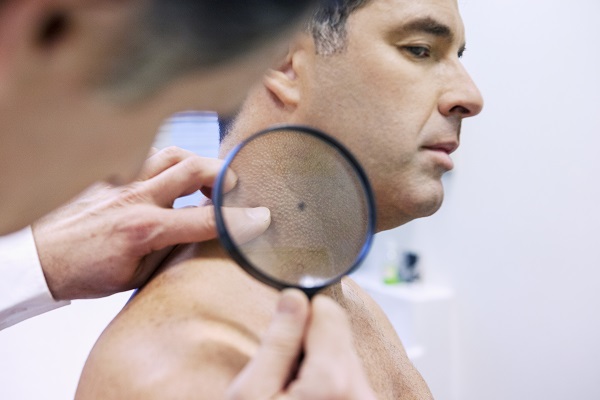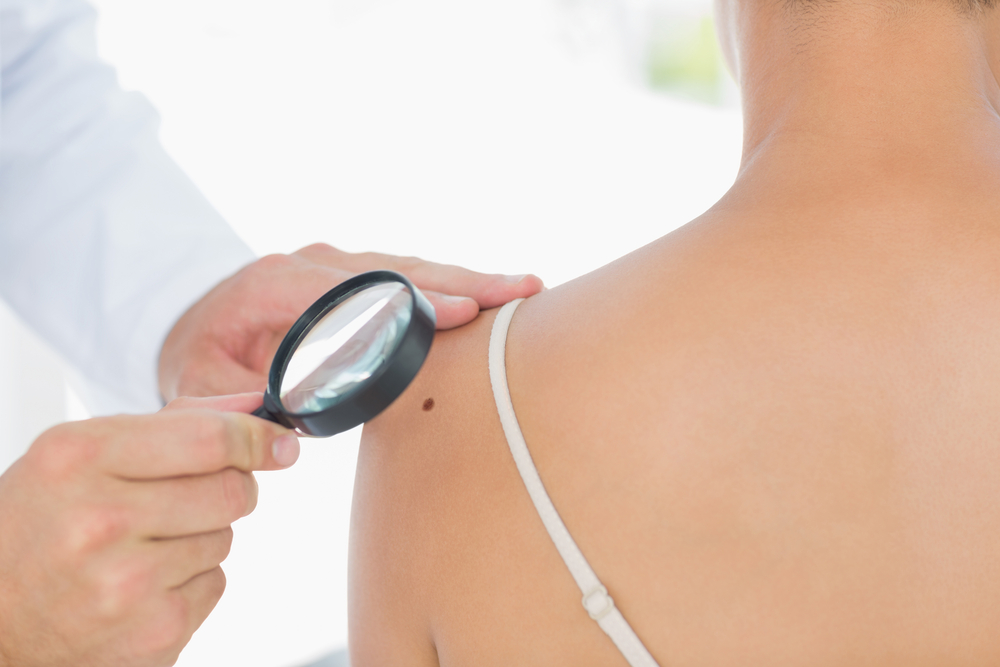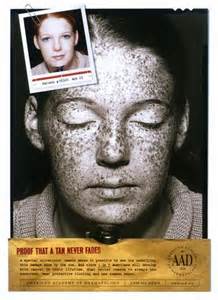
Skin cancer is one of the most commonly diagnosed types of cancer in the U.S. Accounting for one in every three cancer diagnoses, it is estimated that one in five Americans will develop skin cancer in their lifetime.
UV exposure is the single biggest contributing factor to skin cancer. Taking steps to avoid excessive UV exposure is, therefore, the most effective method of prevention. This can include:
- Staying in the shade or indoors during peak sun hours (10 am – 4 pm)
- Wearing protective clothing such as long sleeves and pants
- Wearing a wide-brimmed sunhat that covers the head, face, neck, and ears
- Using a full-spectrum UVA/UVB sunscreen with SPF 15 or higher
- Wearing wrap-around style sunglasses with full-spectrum UV protection
Even with preventive measures, it is a good idea to undergo a complete skin exam every year. This helps ensure the swift identification and removal of cancerous and pre-cancerous lesions.
Detecting Skin Cancer
Manual examination of unusual growths is the first step in detecting skin cancer. If a growth prompts concern, a biopsy will be needed to determine if cancer is present. For this biopsy, a small amount of skin is removed for further analysis.
Basal cell carcinoma and squamous cell carcinoma are the two most common types of skin cancer. When detected early and prevented from spreading, both of these types of cancer are highly treatable. Melanoma, the most aggressive type of skin cancer, is treatable as well, but because it can spread so quickly, prompt detection is essential for long-term health.
Treating Skin Cancer
Skin cancer cells must be removed from the skin surgically. Depending on the spread of the cancer, chemotherapy and radiation may be required as well.
Pre-cancerous growths and sunspots do not require such invasive treatments and often respond well to laser skin resurfacing or IPL therapy. These safe and effective treatments are performed in our office, require little to no downtime, and can dramatically improve the appearance of your skin.
We Are Here to Help
May is Skin Cancer Awareness Month and a great time to recommit to preventative measures. It’s also a good time to schedule your annual skin examination. Give us a call at 206-402-4797 to schedule your next appointment today. We serve Seattle and all nearby areas of Washington.


